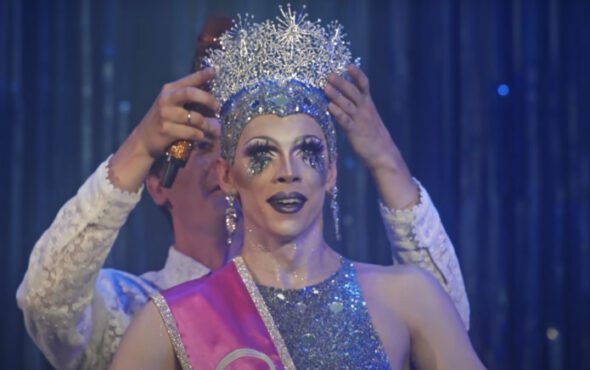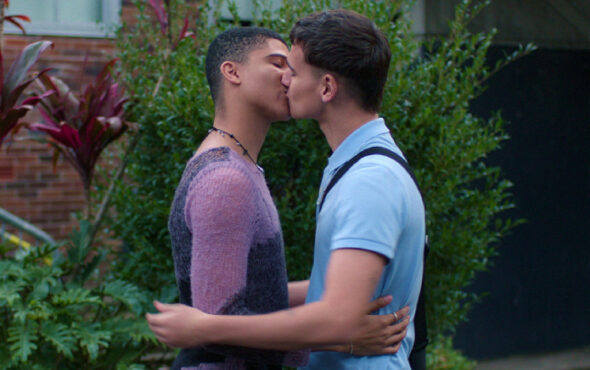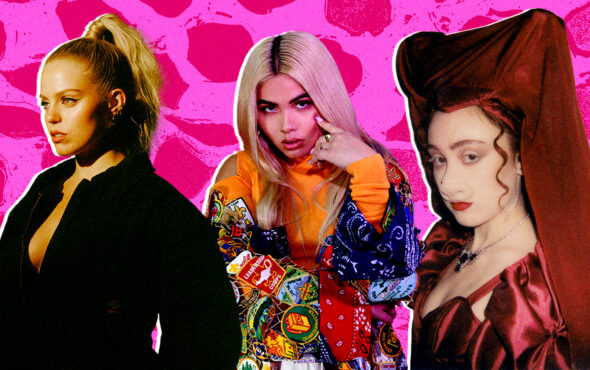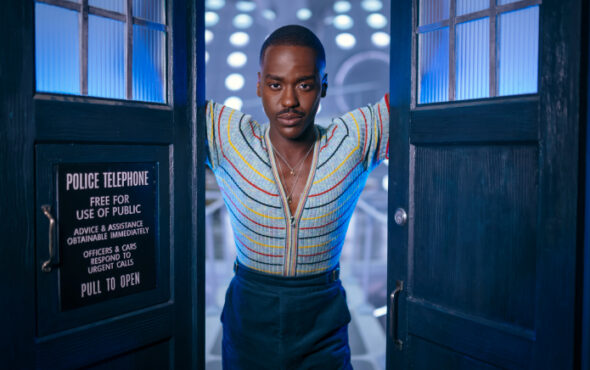
LGBTQ+ activists have called out Russia’s unofficial Drag Race adaptation for its lack of queer recognition.
Last week, a new Russian drag competition series headed by popular blogger Nastya Ivleeva premiered on YouTube.
Like RuPaul’s Drag Race, the show includes lip-sync battles, extravagant costumes and outlandish comedy.
But unlike its predecessor, the series completely avoids highlighting the queer community – which is an integral part of the drag history.
In an interview with The Moscow Times, LGBTQ+ activist Nikita Andriyanov said the show has “nothing to do with the LGBT agenda in Russia”.
He also revealed that the first episode featured a disclaimer that said the series was “not aimed at former nontraditional sexual attitudes.”
“The main problem lies in the silence – hence the feeling that LGBT people have never existed and that all this is just show business,” he elaborated.
“The only thing this show can do for the community is that drag queens can get their moment of fame and possibly earn more followers on Instagram.”
Other LGBTQ+ viewers have also criticised Ivleeva for making the series about herself instead of the important history of drag culture.
One blogger, by the name of Nikita Privet, opened up about Ivleeva’s involvement in a statement to The Village.
“The media says that Nastya Ivleeva has been working with drag artists for a long time. Nevertheless, I do not think that she should become the center of attention,” they said.
Over the years, Russia’s conservative government has introduced widespread crackdowns and restrictions on the LGBTQ+ community.
In 2013, there was global outrage from human rights groups when Russia introduced a ban on gay content.
There have since been proposals from the ruling United Russia party to restrict what it referred to as propaganda of polyamory and bisexuality.
The ban would see content from the aforementioned groups banned on social media and the internet more generally.
“LGBT ideology, radical feminism and child-free movements should be recognized as extremism — an extremist ideology,” Andrei Tsyganov, chairman of a commission for the protection of children at the Roskomnadzor communications regulator, said on 29 September.



